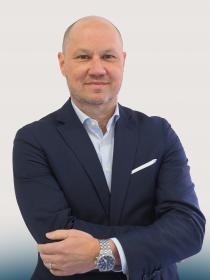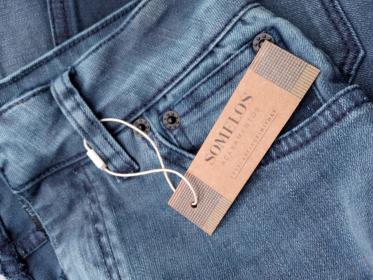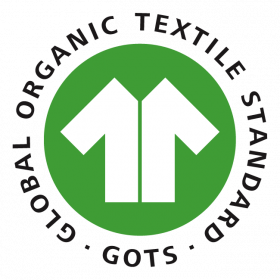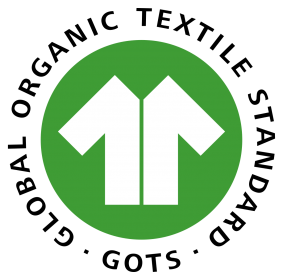RegioGreenTex Annual Consortium Meeting in Portugal
Representatives from all 43 European partners of RegioGreenTex met for the Annual Consortium Meeting, hosted by CITEVE – the Portuguese Centre for textile innovation.
Co-funded by the European Union I3 Instrument Programme, RegioGreenTex is a €13 million project to promote investments in textile circularity. Research centres, regional clusters, regional development agencies and 26 SMEs collaborate to realise unique pilot projects to transform the textile industry business model from linear to circular.
The annual consortium meeting is a pivotal point to assess the project’s progress and impact. Presentations and workshops have been an essential part of the meeting, along with networking opportunities where partners created synergies and discussed common challenges. Furthermore, all SME partners showcased their results through an exhibition with samples of garments, yarns, fabrics and products: the outcome of the project’s innovation so far. New collaborations and partners are expected to flourish as another outcome and the meeting.
EURATEX, as project coordinator, ensures the successful implementation of this ambitious initiative. Dirk Vantyghem, EURATEX Director General, commented: “RegioGreenTex is an essential piece of our wider plan to implement the EU Sustainable Textile Strategy. Offering investment support to our SMEs is critical to make this green transition a success.”
Euratex
















